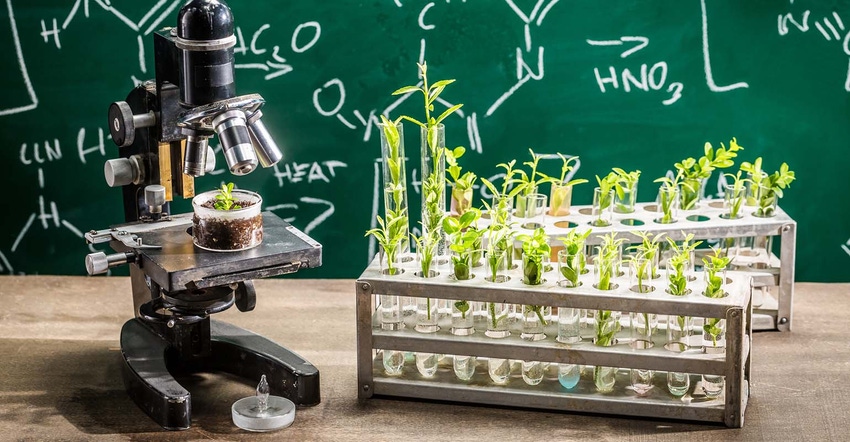March 9, 2018

For over 150 years, American farmers and land-grant institutions have been cultivating diverse and regionally adapted seeds. In recent decades, however, public seed breeding programs and the number of classical seed breeders at universities has steadily declined.
The Seeds for the Future Act, introduced on March 7, 2018, in the House by Representatives by Mark Pocan, D-Wis., and Darren Soto, D-Florida, will reinvest in public seed breeding and research programs, and improve coordination across the federal agencies that support these activities.
“For farm businesses to stay viable in today’s economy, they need to be able to overcome a host of obstacles, including increasingly extreme and unpredictable weather patterns, invasive pests, and previously unseen crop diseases,” said Kanika Gandhi, Policy Specialist at the National Sustainable Agriculture Coalition.
“Seeds that are bred with today’s diverse farming systems, climate and growing challenges in mind are critical to farmers’ ability to keep their businesses, and their soil, healthy and strong. The Seeds for the Future Act will increase farmers’ access to these 21st century seeds by making much-needed reinvestments in public breeding programs and ensuring that federal agencies work together in an efficient manner,” Gandhi said.
In 2008, China surpassed the U.S. in total public research funding, and since 2013, China has invested double the amount that the U.S. has in public agricultural research and development.
The Seeds for the Future Act will ensure American farms can remain resilient and competitive by:
Ensuring that federal investments are sufficient to support farmers and researchers in developing seeds that work for a diversity of farming systems and locations
Prioritizing “farmer-ready” public cultivar development in federal grant programs
Encouraging commitment to seed diversification and regional adaptation
Increasing efficiency and improving coordination across federal agencies
Source: National Sustainable Agriculture Coalition
You May Also Like




